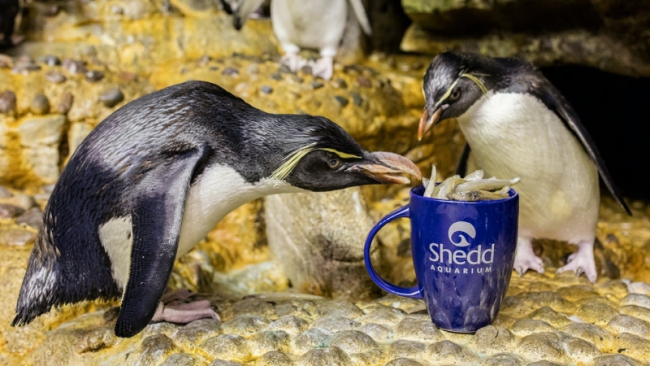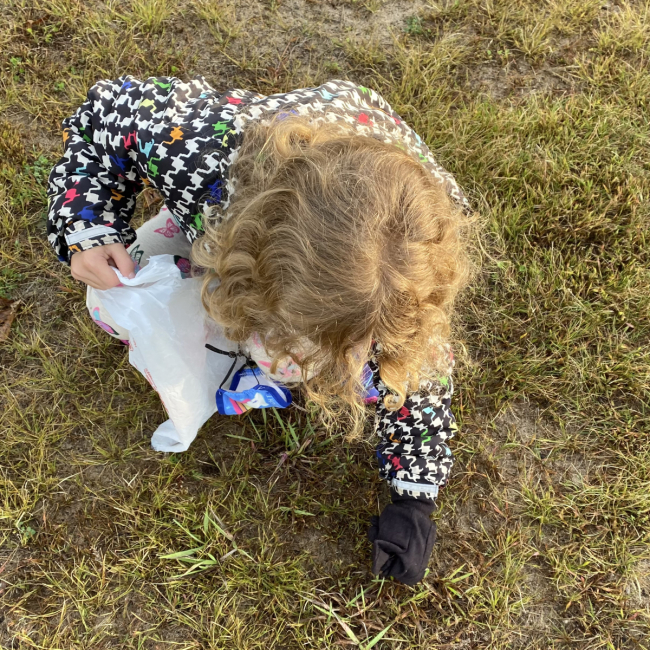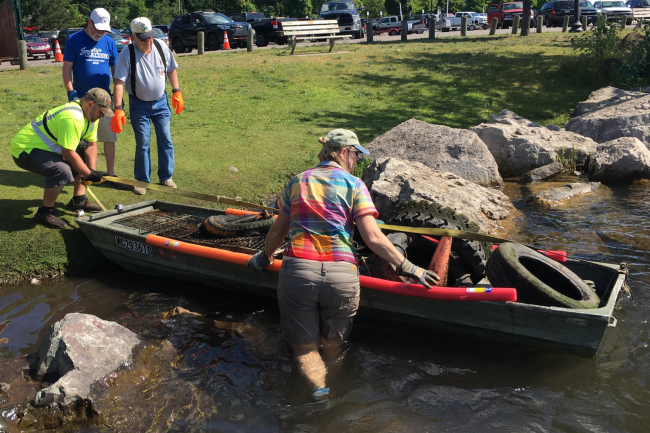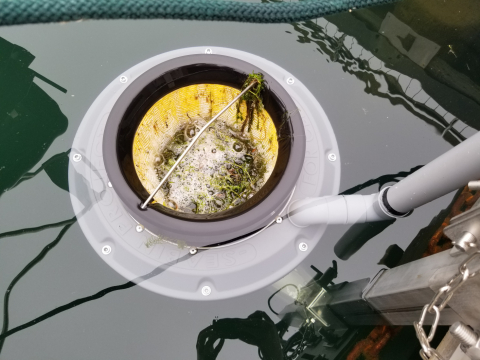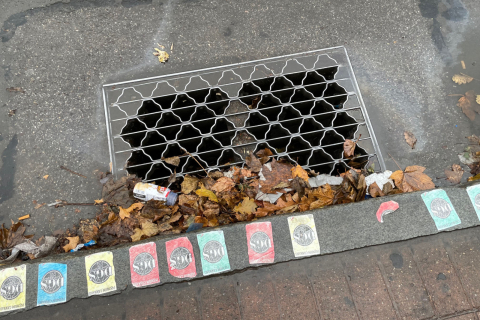Throughout the year, the NOAA Marine Debris Program will spotlight each region for an entire month. Keep an eye on our blog and social media to learn about exciting marine debris projects and initiatives throughout the country.
The Great Lakes region, with its beautiful coastlines, diverse wildlife, and stunning vistas is not immune to marine debris concerns. Fortunately, our numerous partners in the region are hard at work addressing the issues of plastics, fishing gear, abandoned and derelict vessels, and other debris that impact the environment.
The Great Lakes community continues to work together to address marine debris through the 2020-2025 Great Lakes Marine Debris Action Plan (GLMDAP). The Action Plan is a tool that facilitates collaboration between partners on projects and activities related to research, policy and management, prevention, and removal of marine debris. To date, five actions in the plan have been completed, 33 are in progress, and nine will be started in the future. Subscribe to our regional newsletter to receive updates on this progress!
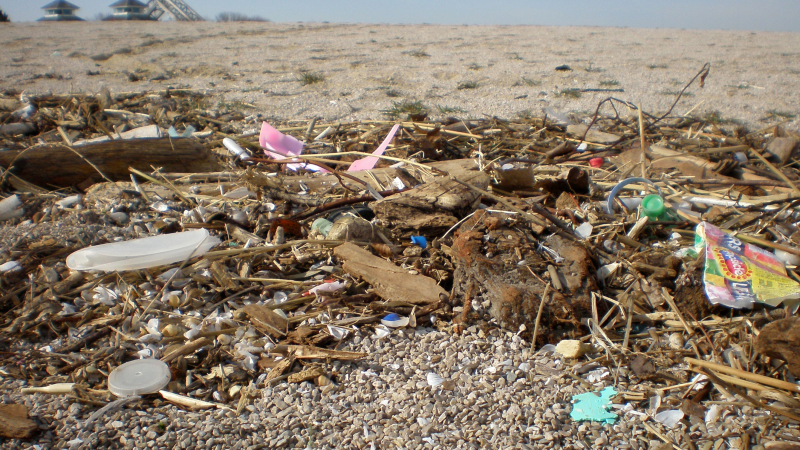
In partnership with NOAA Sea Grant and the NOAA Marine Debris Program, Illinois-Indiana Sea Grant and Wisconsin Sea Grant are working to tackle actions within the GLMDAP. Illinois-Indiana Sea Grant, with help from an advisory team, will develop a regional prevention and messaging campaign that will address a plastic debris item of concern in the region. Additionally, Wisconsin Sea Grant will harness the power of storytelling with the debut of a pilot theatrical play about marine debris science to engage, educate, and inspire performing artists and community members to be committed stewards of their Great Lakes watershed.
Outside of the work on the action plan, our partners are also making strides to combat marine debris throughout the region. The Shedd Aquarium is working with the food service industry on a Let's Shedd Plastic campaign to measurably reduce single-use plastics used in restaurants in Chicago communities. The project is partnering with small businesses to change business practices, educate staff and customers, and support business leaders in adopting new sustainability efforts. There are currently 164 restaurants participating in the program across Chicago communities.
The Community Foundation for Northeast Michigan and the Northeast Michigan Great Lakes Stewardship Initiative are leading efforts to engage 500 students across 15 classrooms in Northeast Michigan with a “Food for Thought” project. Working directly with teachers and the Michigan State University Extension, students are examining the types of waste they find in their communities and schools, and then using their findings to develop potential solutions to reduce waste and ultimately prevent marine debris.
Our partners are launching some new ambitious projects to address marine debris across the region. The Superior Watershed Partnership will remove approximately five tons of debris from the Lake Superior shoreline, the Council of the Great Lakes Region will expand their successful Great Lakes Plastic Cleanup program and work to develop an action plan on a Great Lakes circular economy, and lastly the Rochester Institute of Technology will develop a watershed mass balance model to estimate the amount of debris entering Lake Ontario.
Great Lakes partners are great examples of how we can all work together to tackle the complex issue of marine debris. We look forward to working with these groups as their projects continue and to keep the Great Lakes free of debris!

